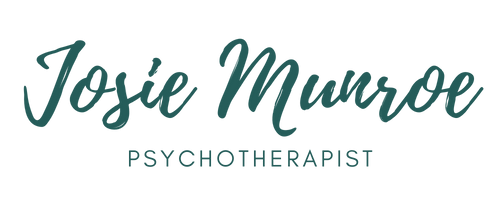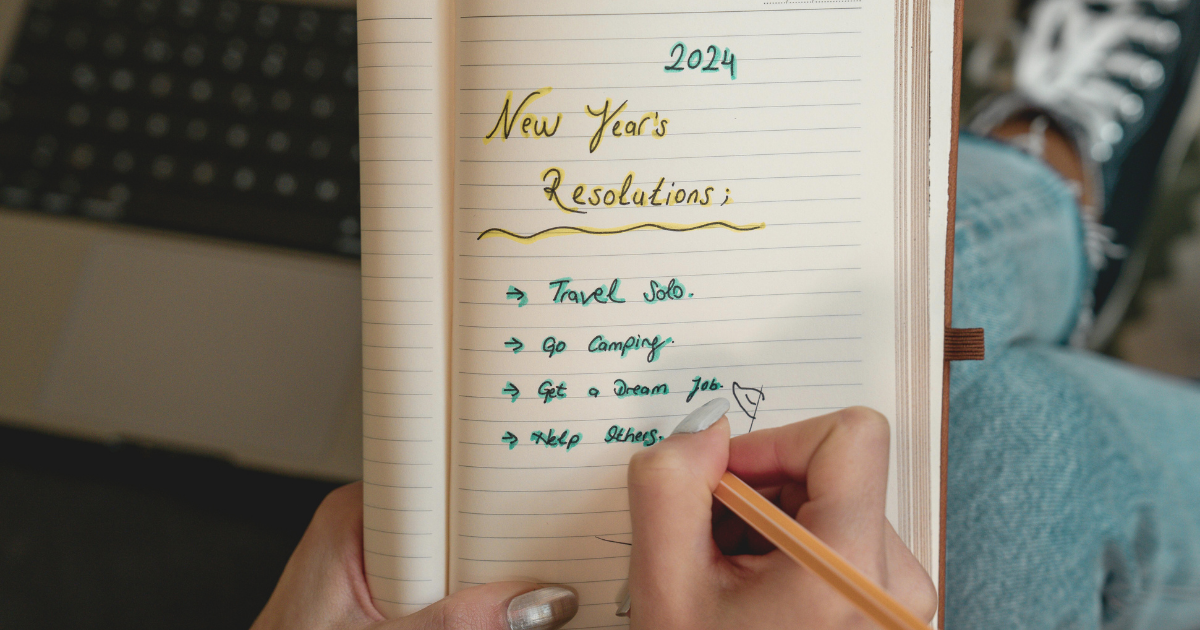Tackle Your Eating Disorder Triggers in 3 Moves
When it comes to recovery, becoming aware of and working through triggers is imperative. An eating disorder trigger is any stimulus that evokes a challenging emotion and has the potential to lead to disordered urges or behaviors.
As anyone with any eating disorder can attest, triggers are a dime a dozen. Some are very understandable and shared by many who struggle, such as being on the receiving end of a body-focused comment. Some triggers are extremely personal and may come as a surprise to other people.
Either way, they're extremely important to understand and navigate.
“Your triggers are pathways to your wounds. The stimulus is only a door.”
- Sanhita Baruah
Without working on your triggers, it will often feel like you're white-knuckling your way through recovery.
3 Moves to Tackle Your Specific Eating Disorder Triggers
1. Recognize Your Role
If you let it, anything can be a trigger for your eating disorder. Triggers are often created when we judge something in relation to ourselves. For example, let's say you come across something on social media that mentions a certain someone you admire is X tall and weighs X amount.
"I should weigh that too. They're so much more disciplined than me. I'm so gross."
Take ownership of these judgments and beliefs. It's not your fault you're thinking this way. (Hey, we've ALL been brainwashed by diet culture.) But it is your responsibility to own the thoughts and then do something about them.
2. Reject the Judgments
Once you realize that you've made a judgment that fuels the trigger, you can attempt to correct it. Make a point to reject unhealthy thinking patterns and replace them with healthy truths.
This is easier said than done. I know you're not going to just magically start thinking differently by saying the opposite out loud or something. But hear this:
The attempts MATTER.
Every time you refuse to just blindly go along with these automatic, disordered thoughts, every time you challenge them, dialogue with them, even for a minute, your Healthy Self (the part of you that can easily call BS on these thoughts for a good friend) gets a little stronger, and THAT is powerful.
3. Reap the Benefits
You can use your triggers to help you recover. Triggers give you information. Triggers point out areas in your life that need attention for your recovery to continue to move forward successfully. When you actively choose to view your triggers through this lens, it can boost your motivation to heal and grow. Here's an example:
"I look forward to the day when this food doesn't trigger a binge, but is instead just one of many foods I love and incorporate freely into my life."
Being invited out to eat with friends or family used to be a big trigger for me. I'd spend an awful amount of time poring over menus online, panicking about what I was going to order, and what I would do after if I didn't follow my eating disorder's rules. I recall looking forward to a time when restaurants didn't send me into a downward spiral. I wasn't sure I'd get to that point, though, but I sure hoped I would. What I did know was that I struggled with spontaneity and was very rigid in both my thinking patterns and behaviors.
Nowadays, hearing, "Want to go out to eat at [INSERT RESTAURANT]?" has me standing at the door within seconds, keys in hand, practically bouncing.
Have a meal of my choosing made for me, brought to me, and cleaned up for me? YES PLEASE.
Triggers that continue to knock us down in recovery time and time again can be one of the factors that lead to relapse.
Like triggers, relapses can be amazing learning opportunities when you lean into the process of accepting them and working to gain insight from them.
If you're going through a relapse now, I see you, and you're not alone. There IS help.
Go tackle those triggers, friends. You've got this.




